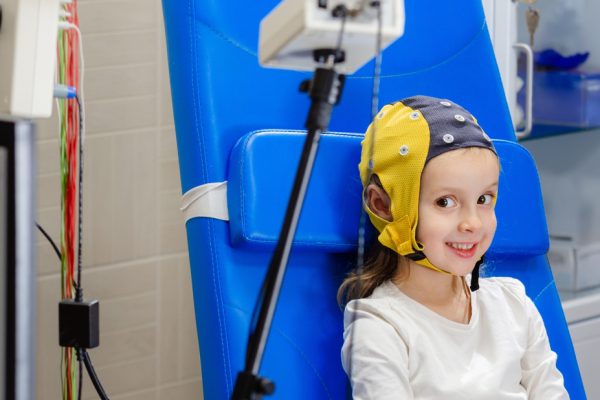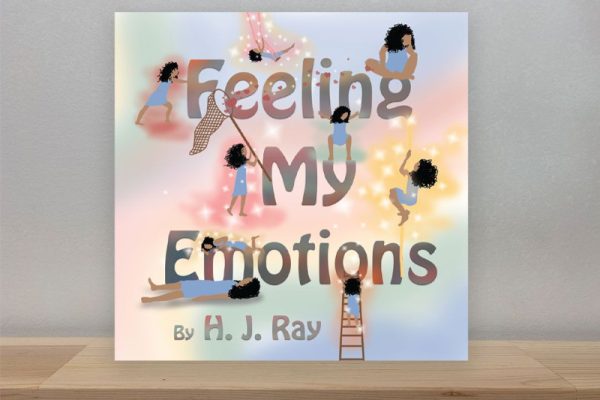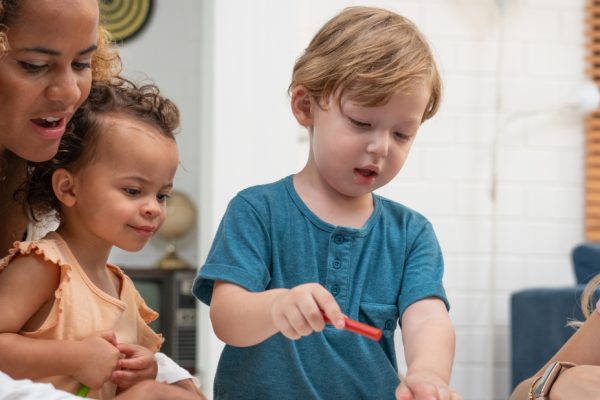
The six ‘f words’ of therapy planning for your child
By Dr Fiona Jones Occupational Therapist
Balancing family life, childhood and therapy can be a challenge. Will your child ‘miss out’ by stopping a therapy for a period of time? How do you choose therapy goals and priorities?
In 2012, Rosenbaum and Gorter published a fantastic article regarding the “F words in childhood disability”. These six words create a framework for therapy planning for children, focusing on their every day life and their strengths, rather than a deficit model.
I have seen children with very complex needs who have these six words taped to their wheelchair, with a reminder to medical and allied health staff to focus on the child and family as a whole.
For example: Will this help me have fun? It does not need to be done ‘normally’. My family are the most important people to me, so listen to them and respect them.
One adolescent with cerebral palsy noted that while he was now able to play soccer, he had spent seven years learning how to walk ‘normally’ while the other children had seven years of skill development. Despite the physical ability to play soccer, his efforts to participate were impeded by lack of skill development relative to the other children. He told me he wished that some of his therapy time had been spent actually learning to play soccer so that he could play with his friends.
Parents know their child better than anyone, and know what fits best for their family.
Know that when you direct therapy planning to these six words, to fit your family and your child, you are doing what the evidence tells us works best.
You do not have to attend therapy to work on cutting skills if your child is unlikely to ever want or need to cut with scissors, just because a therapist tells you it is important.
Be proud and stand strong. Let’s focus on their strengths, childhood and planning for the future instead.
1. Fun
Is this something your child enjoys? Can we enhance their strengths? What does your child do to have fun, and enjoy being a child?
2. Function
What does your child need to be able to do?
3. Family
How does your child engage with the family? What would make the biggest difference to you as a family? It might be working toward being able to go out for a meal, or for your children play together outside. Does therapy support your family or add to the challenges?
4. Friends
How can we support your child to develop and sustain friendships?
5. Fitness
This has an enormous impact upon the health and wellbeing of any person. How does your child keep fit? It might include hydrotherapy, bouncing on a trampoline, learning to ride a bike or joining the local soccer team.
6. Future
Does this help prepare my child for the future?
Written by Dr Fiona Jones Occupational Therapist, OCC Therapy www.occtherapy.com.au







